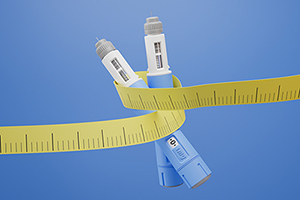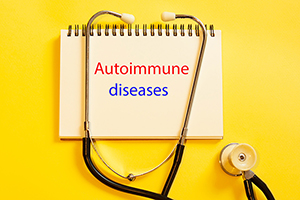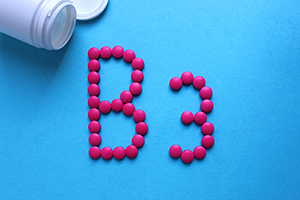



| By Dr. Ronald Hoffman
Anxiety is a pervasive problem. Forty million people in the U.S. will experience an impairment because of an anxiety condition this year. Forty-three percent of North Americans take mood-altering prescriptions regularly.
Paxil and Zoloft (two of the more popular anti-anxiety medications) ranked 7th and 8th in the top ten prescribed medications in the U.S. (These two medications totaled almost $5 billion in sales in 2002.) http://www.anxietycentre.com/anxiety-statistics-information.shtml
 Other anti-anxiety medications–benzodiazepines such as Valium, Ativan and Xanax–notoriously impair performance and are highly addictive.
Other anti-anxiety medications–benzodiazepines such as Valium, Ativan and Xanax–notoriously impair performance and are highly addictive.
Not to mention the tens of millions of Americans who “cope” with their chronic anxiety by drinking alcohol to excess or taking illegal prescription painkillers.
HK was a 40-something man who came to me seeking help for his panic attacks. Periodically, in Tony Soprano fashion, he would be overcome with dread, but with distinct physical symptoms: nausea, stabbing headaches, light-headedness, heart-pounding and drenching sweats.
After several fruitless trips to the ER, where he was told he was “fine” and handed a prescription for Xanax, he came to see me.
After hearing his story, I cautioned him that I might be able to help him, but that some stubborn cases of panic disorder really did require meds, at least in the short run. But he was determined to avoid a drug fix, and I agreed to run some tests and make some suggestions.
First off, I prescribed some magnesium pills. Stress depletes magnesium, and many patients with low magnesium have hair-trigger responses to stress. Sure enough, his magnesium levels, measured via an ultra-sensitive test, turned out later to be in the basement.
Second, I started HK on omega-3 fish oil pills. HK’s diet was abysmal, consisting of junk food fried in poor quality oils, and he hardly ate any fish or nuts. Omega-3 fish oil has found a role in psychiatry by promoting optimal brain function in many patients with anxiety, depression and even schizophrenia.
Additionally, after a glucose tolerance test showed severe hypoglycemia, I put HK on a hypoglycemia diet, with frequent small meals and snacks and time-release carbs with plenty of high-quality protein and healthy fats. HK had a “teachable moment” during the test when his blood sugar dropped to 46 and his panic symptoms started to kick in.
Finally, I told HK to begin taking L-Theanine, which has been shown to have a calming and focussing effect, without the drowsiness-inducing or performance-impairing properties of conventional anti-anxiety meds.
I also reinforced HK’s decision to see a cognitive behavioral therapist, a type of practitioner I find particularly well-suited to addressing anxiety and phobias.
I wasn’t expecting miracles when I saw HK three weeks later–I had urged him to keep his expectations modest and warned him that the recovery process might be slow, with occasional speed bumps. But when HK returned to see me, he was ecstatic.
The headaches were nearly gone and, best of all, not a single panic attack! In a series of follow-up visits, HK has shown steady improvement and he very carefully adheres to his program of diet and supplements. He is thankful that I gave him a chance to try a natural alternative to prescription drugs.
Cases such as HK’s remind me how empowering natural medicine can be. If only more Americans were aware of its benefits and had the personal discipline to commit to a program of lifestyle modification, we could avoid the tragedy of millions being unnecessarily ensnared by the drug paradigm.
Though we think of declining estrogen as the hallmark of menopause, it's actually common for…

Up to 12 percent of Americans have ulcers at some point in life. Peptic ulcers…
Gallbladder disease is a modern illness. An estimated 20 million Americans have gallbladder disease. The…

New, more powerful weight loss drugs: Drugs like Wegovy, Rybelsus, Ozempic and Mounjaro/Zepbound are revolutionizing…

According to the Lancet, autoimmune disease affects one in ten people globally and it’s now…

This past week we were regaled with headlines like: High levels of niacin may increase…

Leyla Weighs In: The Erosion of Trust in Nutritional Research

Our virtual voicemail is open 24/7, so there's no need to wait to submit your questions for Dr. Hoffman. Leave a message, and you may hear your question featured on the Intelligent Medicine radio program!